How to Find Variable and Fixed Expenses
[include_netrun_products_block from-products="product/6-south-carolina-sc-ready-grade-3-math-practice-tests/" product-list-class="bundle-products float-left" product-item-class="float-left" product-item-image-container-class="p-0 float-left" product-item-image-container-size="col-2" product-item-image-container-custom-style="" product-item-container-size="" product-item-add-to-cart-class="btn-accent btn-purchase-ajax" product-item-button-custom-url="{{url}}/?ajax-add-to-cart={{id}}" product-item-button-custom-url-if-not-salable="{{productUrl}} product-item-container-class="" product-item-element-order="image,title,purchase,price" product-item-title-size="" product-item-title-wrapper-size="col-10" product-item-title-tag="h3" product-item-title-class="mt-0" product-item-title-wrapper-class="float-left pr-0" product-item-price-size="" product-item-purchase-size="" product-item-purchase-wrapper-size="" product-item-price-wrapper-class="pr-0 float-left" product-item-price-wrapper-size="col-10" product-item-read-more-text="" product-item-add-to-cart-text="" product-item-add-to-cart-custom-attribute="title='Purchase this book with single click'" product-item-thumbnail-size="290-380" show-details="false" show-excerpt="false" paginate="false" lazy-load="true"]We’ll talk about two types of expenses: fixed expenses and variable expenses. For additional educational resources,.

A Step-by-step Guide to Finding Variable and Fixed Expenses
Here’s a step-by-step guide to help grade 4 students find variable and fixed expenses: For additional educational resources,.
Step 1: Introduce the Concepts
Start by explaining what variable and fixed expenses mean in simple terms:
- Variable Expenses: These are costs that can change or vary from month to month. They depend on different factors and can be different each time you spend money. For example, the amount spent on groceries or toys can vary.
- Fixed Expenses: These are costs that stay the same every month. They are usually necessary and don’t change much. Examples include rent, mortgage, or regular bills like electricity or water.
The Absolute Best Book for 4th Grade Students
Step 2: Make Expense Lists
Provide students with two columns on a worksheet, one for variable expenses and one for fixed expenses. Explain that they will create a list of expenses and categorize them accordingly.
Step 3: Identify Variable Expenses
Give students a list of expenses and ask them to determine which ones are variable. Here are some examples they can consider:
- Groceries: Ask students if the amount spent on groceries can be different each time. If they agree, have them write it under the variable expenses column.
- Entertainment: Discuss whether the cost of going to the movies, buying toys, or playing games can vary. If they agree, categorize it as a variable expense.
- Clothes: Ask students if they spend the same amount on clothes every time they go shopping. If they agree that it can change, write it under variable expenses.
Step 4: Identify Fixed Expenses
Next, have students identify fixed expenses from the list. Use examples like:
- Rent: Discuss whether the amount paid for rent stays the same every month. If they agree, write it under the fixed expenses column.
- Utilities: Ask students if bills for electricity, water, or internet services usually stay the same. If they agree, categorize them as fixed expenses.
- School Fees: Discuss whether the fees for school or any other regular payments remain constant. If they do, write them under fixed expenses.
A Perfect Book for Grade 4 Math Word Problems!
Step 5: Discuss and Clarify
Engage in discussions with the students about their choices and the reasoning behind categorizing each expense. Address any questions or uncertainties they may have and provide additional examples if needed.
Step 6: Reinforce with Real-Life Examples
Encourage students to share examples from their own lives, such as their allowance, costs for hobbies, or regular bills their families pay. Relate these examples to the concepts of variable and fixed expenses. For education statistics and research, visit the National Center for Education Statistics.
Step 7: Practice Exercises
Provide practice exercises or worksheets where students can identify and categorize expenses as variable or fixed. Review the answers together as a class to reinforce understanding. For education statistics and research, visit the National Center for Education Statistics.
By following this step-by-step guide, you can help grade 4 students develop an understanding of variable and fixed expenses and apply this knowledge to their own lives. For education statistics and research, visit the National Center for Education Statistics.
The Best Math Books for Elementary Students For education statistics and research, visit the National Center for Education Statistics.
Related to This Article
More math articles
- How to Find the Probability of Compound Event?
- The Best AFOQT Math Worksheets: FREE & Printable
- How to Solve Linear Inequalities?
- The Best SAT Math Worksheets: FREE & Printable
- How to Employ Solids of Revolution
- 7th Grade SC Ready Math Worksheets: FREE & Printable
- Intelligent Math Puzzle – Challenge 84
- 10 Most Common 6th Grade MCAS Math Questions
- The Ultimate ParaPro Math Formula Cheat Sheet
- What is a Good SAT Score?
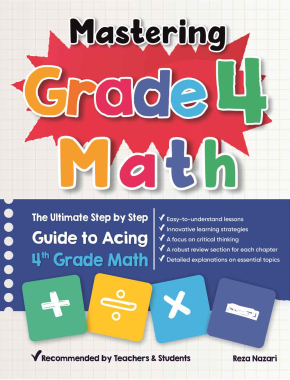
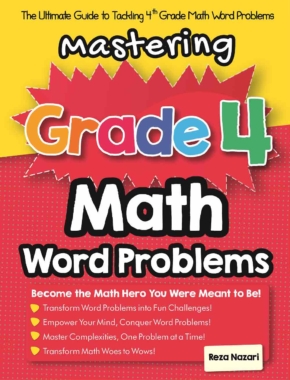
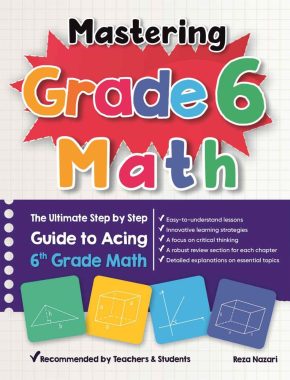
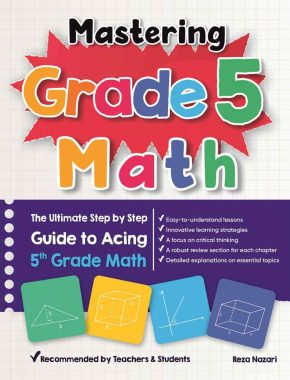
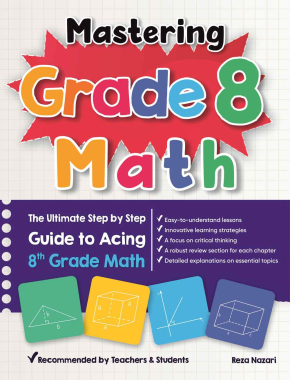
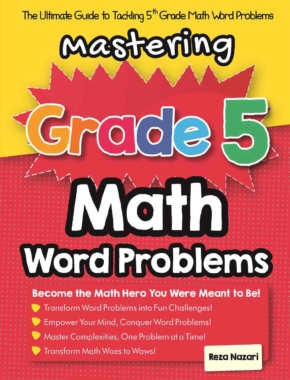

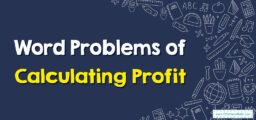


What people say about "How to Find Variable and Fixed Expenses - Effortless Math: We Help Students Learn to LOVE Mathematics"?
No one replied yet.